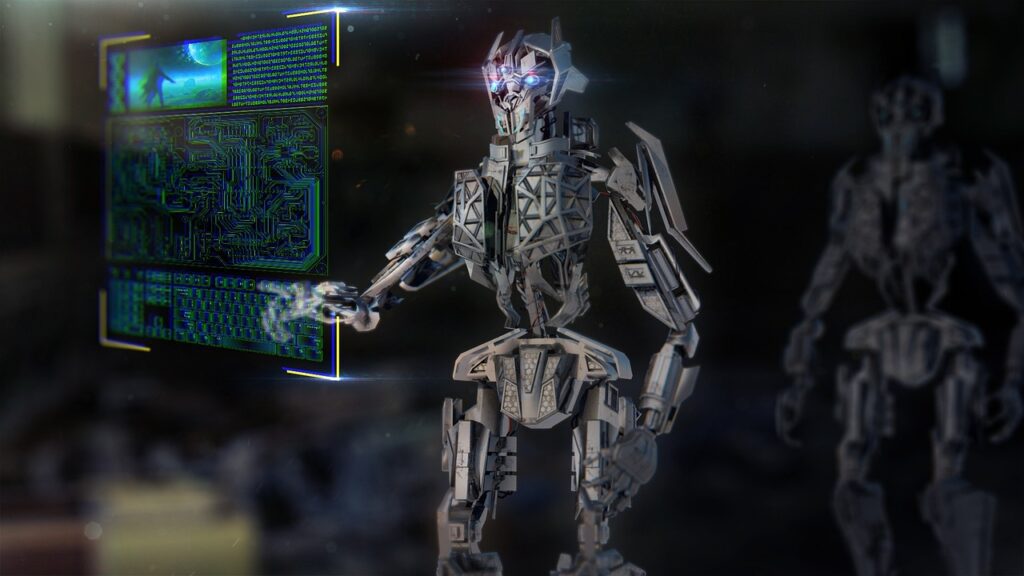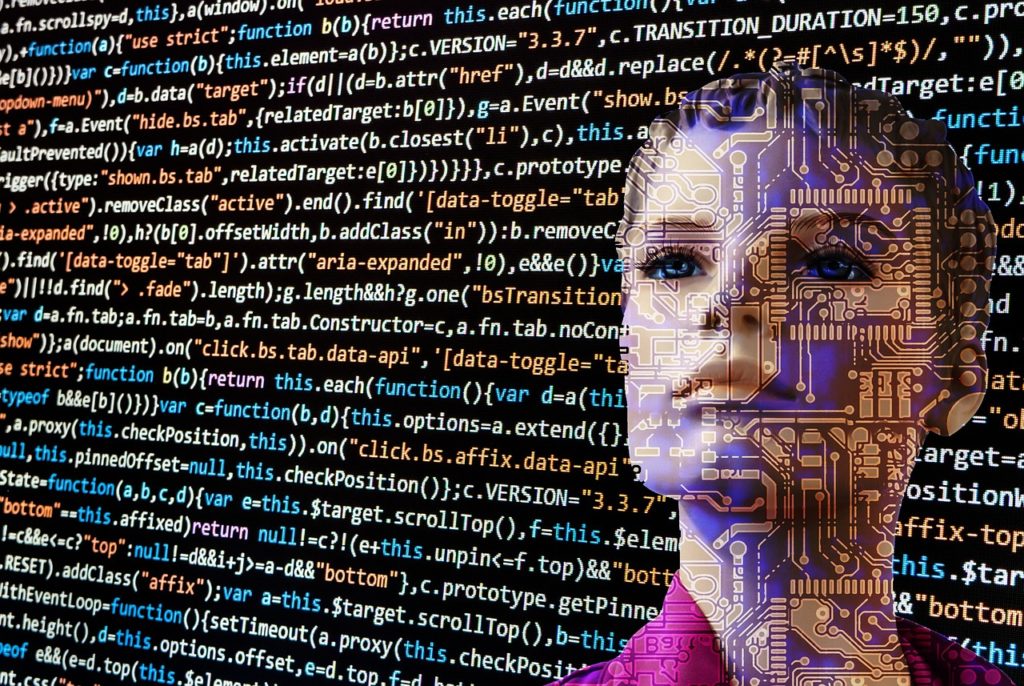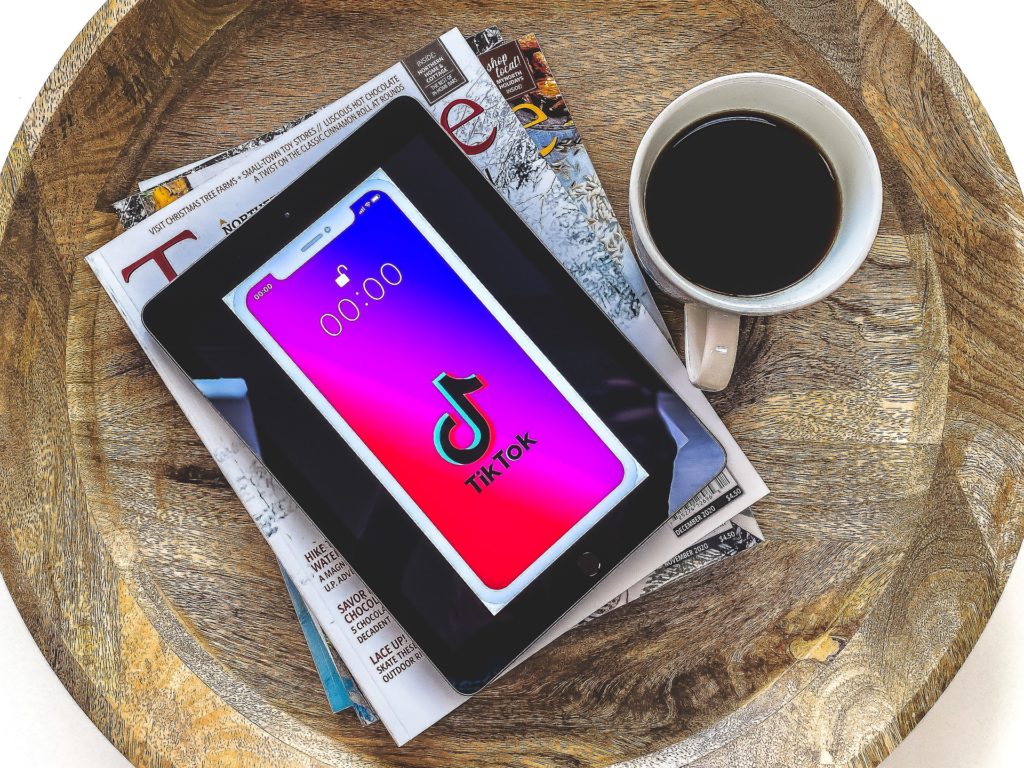Following the debate on Saturday, the influential political blog DailyKos suggested that “…the Democratic voters won tonight”. While I’m not enough of a Pollyanna to suggest that all is well with our political process, I am nonetheless inclined to change the “D” to a “d” in Kos’s statement. Something is clearly afoot in politics these days, and I think the change is owing to the fact that elections are becoming much more like Learning 2.0 interactions.
In simple terms, Learning 2.0 leverages the abilities the Web offers for greater access to information, increased ease of communication and collaboration among learners, and the ability for learners economically to create and contribute to learning content. It stands in contrast to traditional institution-centric broadcast and measure models of learning. Replace “learning” with politics and “learners” with “citizens” in the previous two sentences and you’ll see where I’m headed.
Traditional politics is a broadcast and measure game, meaning primarily a well-crafted television presence accompanied by intensive polling and focus groups. The process is not unlike the average organizational training program. Pound a message into the audience; measure to make sure people are getting it; adjust as needed; repeat. Sure, there have been public debates, town hall meetings and plenty of op-ed page input in past elections, but those tend to be tightly controlled formats.
The traditional formats persist, of course, but the level of control campaigns can maintain is slipping fast. For every well-crafted, on-message video spot a campaign creates, there is the possibility of a George Allen-style, career-demolishing gaff or an Obama girl going viral. And the collective views of the blogosphere can send the fortunes of a candidate up or down in short order.
The reaction from the campaigns seems to be a “no no-website-left-behind policy,” as an article in The New Atlantis put it. Not entirely certain how best to deal with the new landscape, candidates are rushing to make sure they have covered all of the possible bases from YouTube, to FaceBook, to the blogosphere. Some are certainly better at it than others and the benefits may be showing. Is it a coincidence that two of the better practitioners of campaign 2.0, Obama and Huckabee, came out ahead in Iowa? (See the charts at https://www.techpresident.com/ for statistics.)
Of course, one of the questions that Learning 2.0 tends to prompt is “How do you measure the results?” The corresponding question in politics is “Does all this social media activity actually generate more votes for the candidate that employs it effectively?” I suspect that over time, particularly as digital natives gain the majority, we will find that it does. But just as importantly, it changes the nature of engagement in the political sphere. It simply will not be viable going forward for a candidate to succeed without engaging in the broader conversation that the Web offers and, increasingly demands.
P.S. – If you enjoy what you read here on Mission to Learn, I encourage you to subscribe to the RSS feed or use the e-mail subscription form at the top right side of this page.
Related Items and Updates from the Blogosphere
A recent post over at The Buzz Bin offers thoughts similar to some of those expressed above (though without the “Learning 2.0” twist). Additionally, Geoff Livingston’s Welcome to the Fifth Estate manifesto on the same blog talks much more extensively about the impact on social media on democracy in general. None of this, of course, is limited to politics. As I have commented over on Dave Sabol’s blog, the nature of engagement in general has changed, and that applies whether we’re involved in a political campaign, a marketing initiative, or everyday interactions with customers, members, or other stakeholders.
Just noticed Social Media’s Election Effect on Online Spin.
Obama and Paul: The Kings of the Web Election: The ReadWriteWeb perspective in early February.
Also, Internet Evolution says Politics 2.0: Not There Yet (March 10, 2008)





Glad you liked the manifesto. Enjoy!